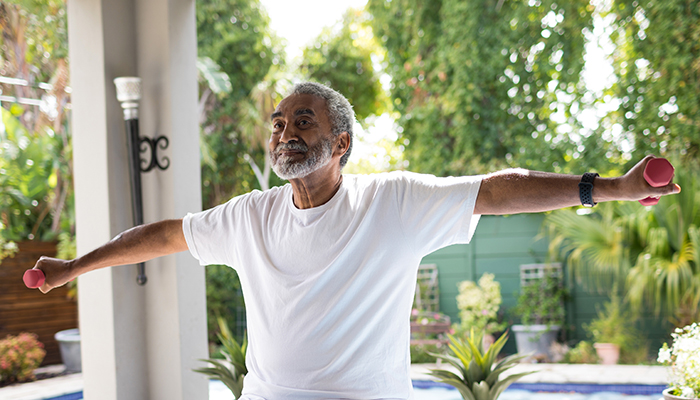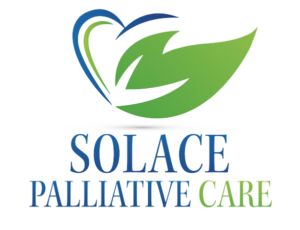
Depression is common in older adults.
It’s long been known that brisk exercise can help reduce depression. But it turns out that exercise doesn’t have to be vigorous to make a difference. Even mild exercise can be effective. This is great news, especially since depression zaps energy and initiative. Researchers have found that
- completing an exercise task yields a sense of achievement
- achievement boosts our sense of personal power
- increased self-confidence reduces feelings of depression and fatigue
In this case, the purpose of exercise isn’t to increase heart rate. It’s to accomplish an activity-related goal. Because when we’ve achieved something, we talk more kindly to ourselves about ourselves. As our self-talk gets more positive, that lifts our mood.
Help your relative create an activity program that suits their physical capacity. Ideally, something that can be done easily three to five times a week, eventually building up to a total of 30 minutes over the course of the day.
It doesn’t have to be strenuous: Simple stretches. Lifting light weights. An easy stroll around the block. If they are up for something more engaging—a class or walking with a buddy—all the better. They are more likely to stick with it if they have a pal. And the social contact will also help lift their depression.
Check in with the doctor first to be sure there are no foreseeable problems.

